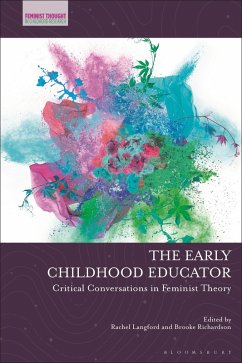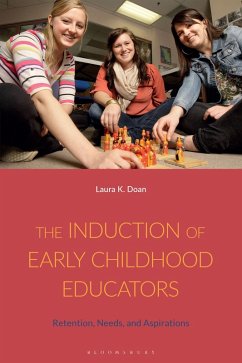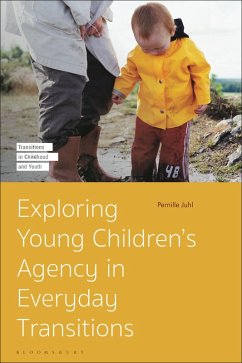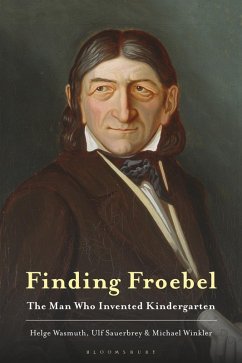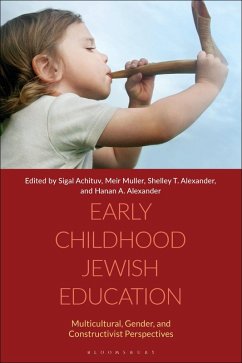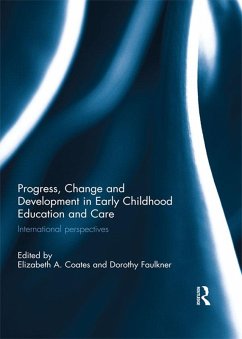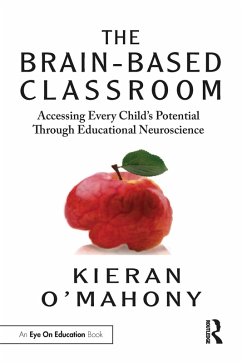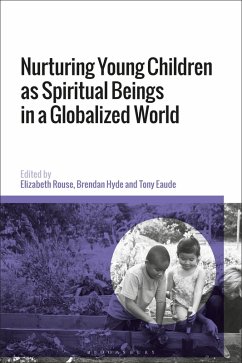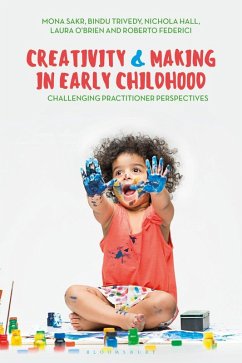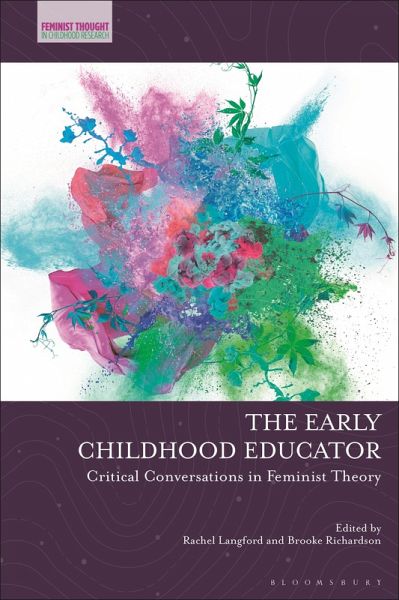
The Early Childhood Educator (eBook, PDF)
Critical Conversations in Feminist Theory
Redaktion: Langford, Rachel; Richardson, Brooke
Versandkostenfrei!
Sofort per Download lieferbar
24,95 €
inkl. MwSt.
Weitere Ausgaben:

PAYBACK Punkte
12 °P sammeln!
Across the globe the work of early childhood educators, who are predominantly women, is misunderstood, underpaid and undervalued. Perspectives on early childhood educators are highly contentious: are they child development experts, oppressed workers, maternal substitutes, technicians, facilitators of early learning, or something else? This volume features chapter authors from Australia, Canada, Norway, Sweden, the USA and New Zealand, examine a range of contemporary feminist theories in relation to the early childhood educator. The feminist theories covered include materialist feminism, postst...
Across the globe the work of early childhood educators, who are predominantly women, is misunderstood, underpaid and undervalued. Perspectives on early childhood educators are highly contentious: are they child development experts, oppressed workers, maternal substitutes, technicians, facilitators of early learning, or something else? This volume features chapter authors from Australia, Canada, Norway, Sweden, the USA and New Zealand, examine a range of contemporary feminist theories in relation to the early childhood educator. The feminist theories covered include materialist feminism, poststructural feminism, decolonizing feminisms, posthumanist feminism, new materialist feminism, feminist ethics of care, womanist feminism, postcolonial feminism, femme theory and feminist queer theory. The editors of the volume offer an introduction and commentaries that explore solidarities and tensions between the feminisms to generate critical conversations about the work, lived experiences, and agency of early childhood educators. The volume contributes to shifting understandings of the early childhood educator in the contexts of culture, practice, policy and politics.




